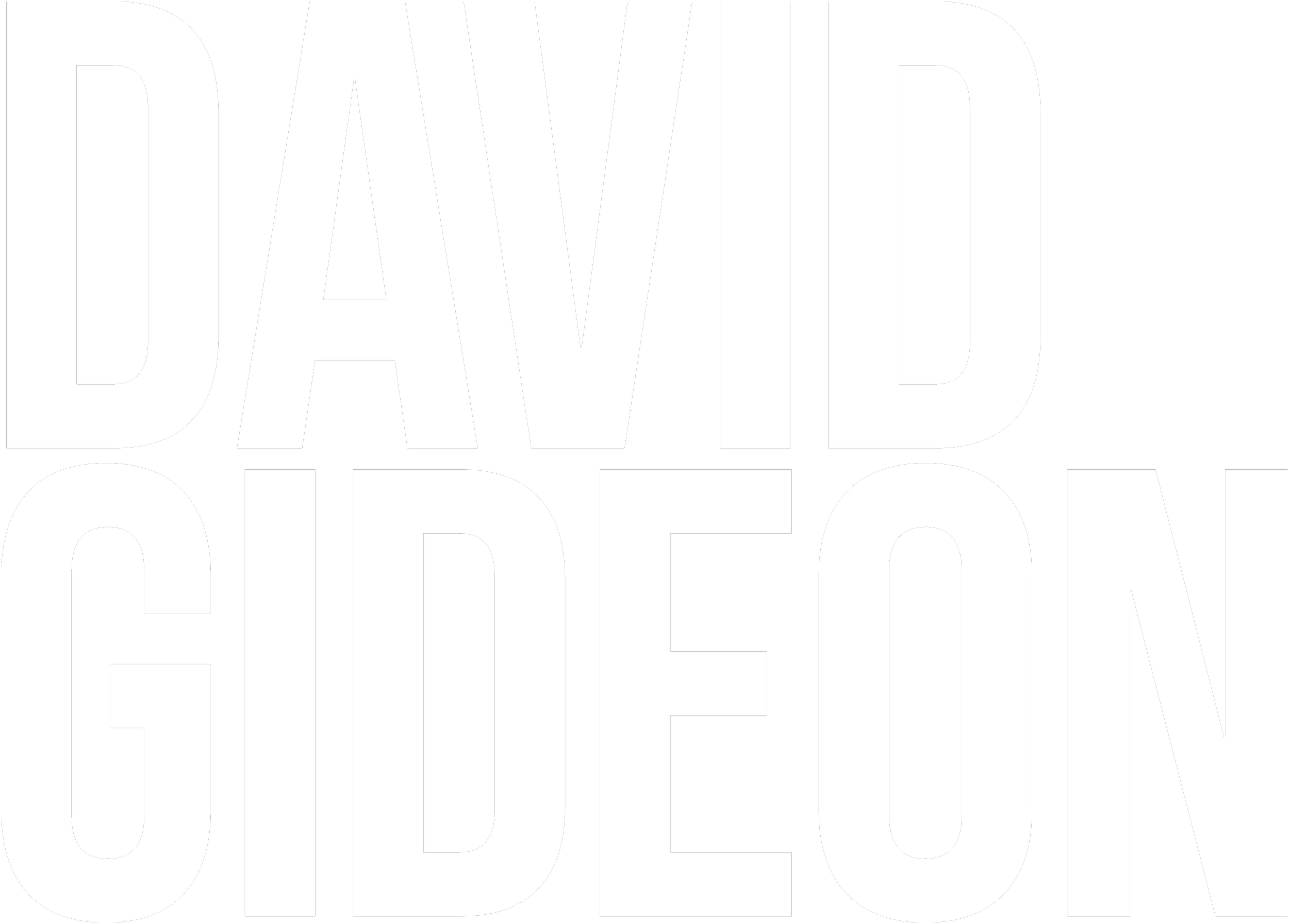Even before I began my studies I had heard stories of The Method’s need to “break an actor down in order to build him/her back up”. This sounded very unappealing and vaguely “cultish”. It actually almost took me in another direction, but after hearing that the other great teachers had similar reputations, I decided to stay with my first choice, Lee Strasberg. I’m eternally grateful that I did, for as with so many other aspects of Lee’s training, there is absolutely NO TRUTH to this myth.
That myth still exists though. Only a few short years ago I was at a local community theatre and was introduced to another audience member who was an established Broadway director. When I told him of my association with Lee and his work he said, “why would you want to do something so dangerous and destructive”? He then turned dismissively and walked away.
More recently, I interviewed a potential student for my class and she told me that even though my class was highly recommended, she was uncomfortable with the stories she had heard about the “personally intrusive nature” of Lee Strasberg’s training. I’m sorry to say that this is not unusual.
Where does this myth come from, and why does it continue in spite of all the successes of Lee Strasberg’s work and students?
Lee had a forceful personality and a strong vision as to what acting and the theatre could be. He believed, in all of his venues (The Group Theatre, The Actors Studio, his private classes, and at his school), that actors came to learn what he had to teach. Although we were free to question and discuss his critiques of our work, it had to be for clarity and understanding rather than dispute or disagreement. When an actor became afraid to try to move out of his/her “comfort zone”, and instead became entrenched in what s/he was already doing, Lee’s passion for truth and change could be easily mistaken for confrontation.
There is another part of this equation. Most actors bring strongly established habits to their work. These exist in how our imaginations are ignited, applied, and expressed. More often than not, they also lead to our expressions becoming clichéd and predictable. Replacing these comfortable levels of experience and expression with the truth can often be the most difficult part of training. It’s not unusual for an actor to say, “but that is what I really do”. To which Lee would reply, “I’m not interested in what you ‘really do’, but in what you are really capable of doing”.
How did our expressive habits come about? Usually through the many structural levels of education and socialization. Our families, friends, schoolteachers, co-workers, and employers all contribute to our learning what others consider to be acceptable forms of expressing ourselves – often at the expense of what we really want to say or do. As necessary as this is in order to be a part of constructive interactions in our daily lives, it can be a strong block to the truth-telling that is part of great acting.
I’m reminded of a letter that Lee received from a young child’s mother. Lee’s wife Anna read it to him over lunch. In it, the girl’s mother said, “my six year old daughter is very talented. I want to help her avoid learning the bad habits that will get in the way of her acting. What should I do”? Without hesitating, Lee responded, “tell her it’s too late”.
So, it is the habits that we bring to our acting that need to be broken, not the actor. And new habits of expression, free of cliché, need to be built up, reinforced, and strengthened in order to replace the predictable. I know that this is not always a comfortable process, but it is a necessary one. It asks us to question and challenge ourselves to ever greater growth.
And this I know above all: Lee Strasberg had endless amounts of love and respect for actors and acting. He was as passionate about and respectful of us as he was about our craft.
Never two the same!
